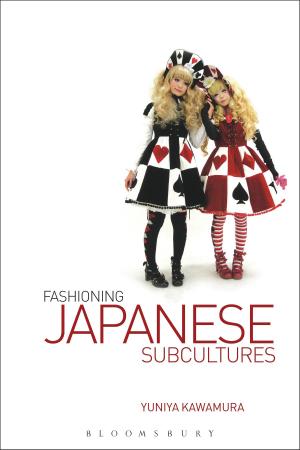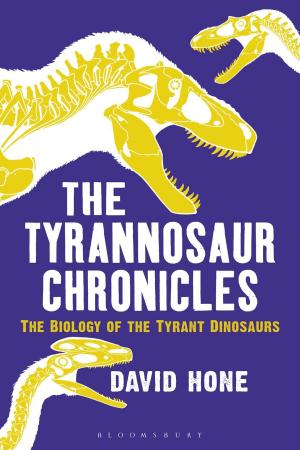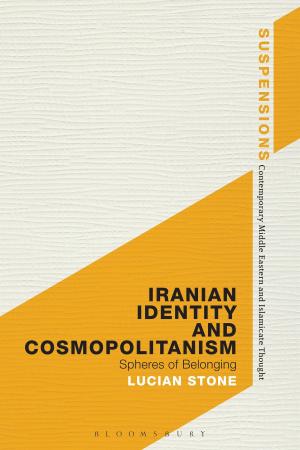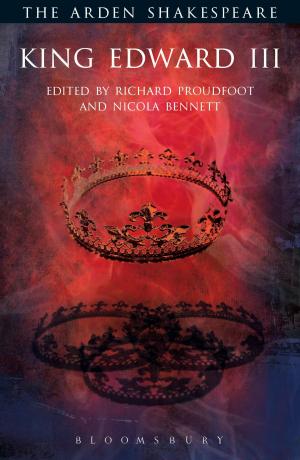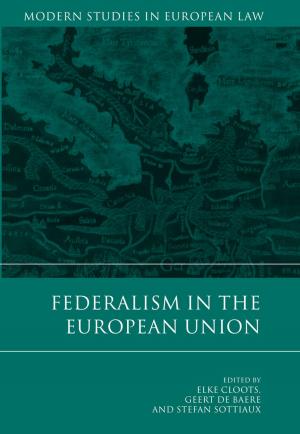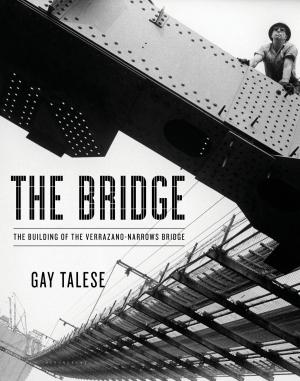Georg Lukács’s Philosophy of Praxis
From Neo-Kantianism to Marxism
Nonfiction, Religion & Spirituality, Philosophy, Political, Social & Cultural Studies, Political Science, Politics, History & Theory| Author: | Andrew Feenberg, Associate Professor of Philosophy Konstantinos Kavoulakos | ISBN: | 9781474267472 |
| Publisher: | Bloomsbury Publishing | Publication: | September 20, 2018 |
| Imprint: | Bloomsbury Academic | Language: | English |
| Author: | Andrew Feenberg, Associate Professor of Philosophy Konstantinos Kavoulakos |
| ISBN: | 9781474267472 |
| Publisher: | Bloomsbury Publishing |
| Publication: | September 20, 2018 |
| Imprint: | Bloomsbury Academic |
| Language: | English |
Georg Lukács' early Marxist philosophy of the 1920s laid the foundations of Critical Theory. However the evaluation of Lukács' philosophical contribution has been largely determined by one-sided readings of eminent theorists like Adorno, Habermas, Honneth or even Lukács himself. This book offers a new reconstruction of Lukács' early Marxist work, capable of restoring its dialectical complexity by highlighting its roots in his neo-Kantian, 'pre-Marxist' period.
In his pre-Marxist work Lukács sought to articulate a critique of formalism from the standpoint of a dubious mystical ethics of revolutionary praxis. Consequently, Lukács discovered a more coherent and realistic answer to his philosophical dilemmas in Marxism. At the same time, he retained his neo-Kantian reservations about idealist dialectics. In his reading of historical materialism he combined non-idealist, non-systematic historical dialectics with an emphasis on conscious, collective, transformative praxis. Reformulated in this way Lukács' classical argument plays a central role within a radical Critical Theory.
Georg Lukács' early Marxist philosophy of the 1920s laid the foundations of Critical Theory. However the evaluation of Lukács' philosophical contribution has been largely determined by one-sided readings of eminent theorists like Adorno, Habermas, Honneth or even Lukács himself. This book offers a new reconstruction of Lukács' early Marxist work, capable of restoring its dialectical complexity by highlighting its roots in his neo-Kantian, 'pre-Marxist' period.
In his pre-Marxist work Lukács sought to articulate a critique of formalism from the standpoint of a dubious mystical ethics of revolutionary praxis. Consequently, Lukács discovered a more coherent and realistic answer to his philosophical dilemmas in Marxism. At the same time, he retained his neo-Kantian reservations about idealist dialectics. In his reading of historical materialism he combined non-idealist, non-systematic historical dialectics with an emphasis on conscious, collective, transformative praxis. Reformulated in this way Lukács' classical argument plays a central role within a radical Critical Theory.

